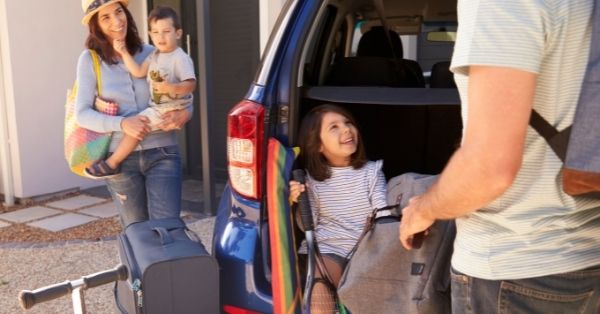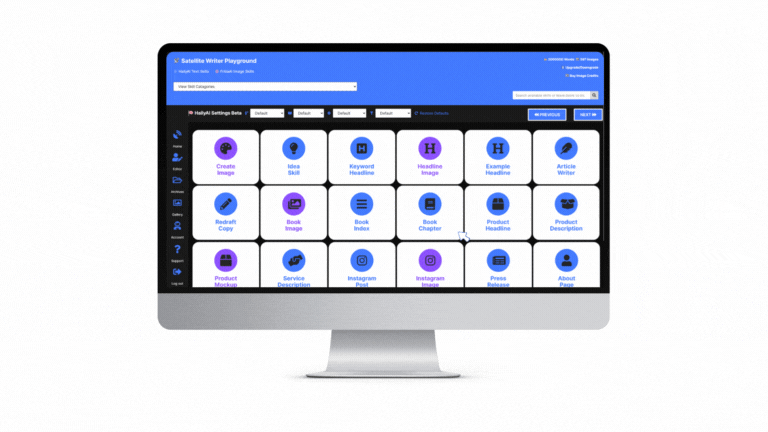Moving long distance is a lot of work. You’ll be packing up everything you own into boxes, loading them onto a truck, driving them to your new location, unpacking everything, and unloading it into your new house. It’s a lot of work, and it’s stressful.
But you can minimize the stress by taking care of these details before you start packing.
Packing Tips
- Pack light. Don’t pack too much stuff. If you’re moving across town, you may be able to get away with packing half of your belongings. But if you’re moving cross country, you’ll need to pack less than half of your belongings.
- Don’t overpack. The last thing you want to do is have to spend time at the end of your move trying to figure out what you packed in which box. Keep things simple, and don’t pack anything that you won’t use or wear during the move.
- Keep your items organized. Make sure all your important documents are stored together. Put your checkbooks next to your bank statements, and keep your receipts close to your bills. This will help make life easier when you’re unpacking.
- Make sure you know where everything goes. When you’re packing, write down the contents of each box so you know exactly what’s inside. Then label each box with its contents so you can easily find it later.
- Label boxes clearly. Use permanent markers on cardboard boxes, and tape labels on plastic containers. Write the name of the person who owns the item, and put the date you packed it.
- Use bubble wrap. Bubble wrap makes packing easy. Just place one piece between two pieces of furniture, then another layer on top of that. Continue until you reach the desired thickness. Be careful not to leave any gaps, as this could cause damage to fragile items.
- Use packing paper. Packing paper keeps your boxes from getting damaged while they’re being moved. Wrap your boxes tightly with packing paper, and secure the ends with tape.
- Use packing peanuts. These little white pellets absorb most of the shock of a heavy load. Place them around the perimeter of your boxes, and fill the center with smaller objects like books, CDs, and other small items.
- Use shipping blankets. Shipping blankets protect your possessions from dust, moisture, and temperature changes. They also provide extra padding for delicate goods such as jewelry and electronics.
- Put your valuables in safety deposit boxes. Safety deposit boxes are great for storing valuable items because they offer protection against theft and fire. They’re also more convenient than keeping expensive items in your home.
- Use crates. Crates are useful for protecting large items like couches and beds. They can also be used to store smaller items like clothing and shoes.
- Move slowly. Moving isn’t fun. And it takes a lot of effort. So take your time. If you rush through the process, you might miss something important.
How to Unpack Your Stuff
- Unpacking is just as important as packing. After you arrive at your destination, you’ll need to unload everything from the back of the truck.
- Start by opening your boxes. Take off the packing paper, and remove the tape securing the boxes. Open the boxes carefully, making sure nothing falls out.
- Look for signs of damage. Check for broken glass, torn packaging, and dents in boxes. Anything that looks wrong should be repaired immediately. Otherwise, you risk damaging your possessions further.
- Check for missing items. Look through your boxes for items you forgot to pack. If you didn’t pack an item, ask the movers about it. Or call customer service at the company that sent you the shipment.
- Sort your belongings. Sort your belongings according to type. For example, separate clothes from dishes. Separate your breakable items from your non-breakable ones. Also separate your personal items from your business ones.
- Organize your belongings. Organizing your belongings helps you stay focused. It lets you quickly identify what belongs in which room. Plus, organizing keeps your space clean and clutter free.
- If you have kids, consider having them help you organize. Kids love helping their parents!
Tips for Packing and Unpacking
- Get professional help. Hiring professionals to assist you with packing and unpacking can save you lots of time and money. Professional packers and movers will handle all the hard work for you.
- Hire someone local. Local movers usually charge less than national companies. In addition, hiring a local mover means you won’t have to worry about finding a parking spot near your new home.
- Ask friends and family members for referrals. Ask people you trust for recommendations for good movers.
- Be prepared. Before you hire anyone, make sure you understand how much your job will cost and what kind of insurance coverage you’ll receive.
- Have a plan. Figure out what needs to happen once you arrive at your new home. Where does everyone sleep? What happens if there’s a power outage? How will you communicate with your neighbors?
- Plan ahead. Know what you’ll need to bring with you to your new home. Do you need special tools? Will you need to buy new appliances?
- Prepare yourself mentally. Have a clear idea of what you’ll encounter once you arrive at your new home. Try to imagine what it would feel like to live there.
- Take pictures. Taking photos of your old home and your new home will give you a better understanding of what you’ll be facing when you move.
- Pick a day to move. Pick a day when you’re feeling calm and relaxed. That way, you’ll be ready to deal with whatever comes your way.
What Should I Bring With Me?
You probably already know what you’ll need to bring with you to your new home. But here are some additional tips:
- Bring cash. Most places accept credit cards, but you never know when you’ll run into problems.
- Bring your driver’s license. If you lose your ID, you’ll need to replace it.
- Bring copies of your identification. Having multiple forms of identification will help you prove who you are if you need to show proof of residency.
- Bring your passport. If you travel frequently, you may need your passport to board flights.
- Bring your social security card. Social Security numbers are required for many jobs, including those in healthcare and finance.
- Bring your birth certificate. Birth certificates are needed for school enrollment, marriage licenses, and passports.
- Bring your pet’s vaccination records. Pets require shots every year, and you’ll need to ensure your dog has been vaccinated before bringing him or her to your new home.
- Bring your medical records. If you have health issues, you’ll need to present your medical history to doctors, dentists, and hospitals.
- Bring your prescription medications. Prescription drugs are regulated by the Food and Drug Administration (FDA). You must follow certain guidelines to legally purchase and possess controlled substances.
- Bring your pets. Bringing your pets along with you is always a good idea. Many cities have restrictions on animals, especially dogs.
- Bring your car. If you drive, you’ll need to bring your vehicle with you.
- Consider renting a U-Haul trailer. Renting a U-Haul trailer is cheaper than buying a truck, and you can rent one at almost any big-box retailer.
Should I Buy New Appliances?
Buying brand-new appliances is often tempting. However, you shouldn’t go overboard. Buying new appliances is a huge expense. And it doesn’t really matter whether you buy high-quality or low-quality appliances. Quality appliances aren’t worth the price premium.
Instead, choose quality brands. Brands like GE, Samsung, LG, Whirlpool, Bosch, and Maytag are known for producing reliable products.
Also look for warranties. Some manufacturers include extended warranty plans in their product packages. Extended warranties cover repairs for several years after the manufacturer stops selling a particular model.
Choose energy efficient models. Energy efficiency refers to the amount of electricity consumed per unit of output. High-efficiency appliances use less energy than standard units. Choose energy efficient models whenever possible.
Buy appliances that match your lifestyle. If you rarely cook or bake, you don’t need a full range oven. Instead, invest in a microwave, convection oven, or slow cooker.
Think about future upgrades. A refrigerator with a freezer compartment is essential for most families. However, refrigerators tend to become obsolete within five years. Consider purchasing a refrigerator with a built-in freezer instead.
Packing up your belongings is a big expense for moving from the back of a truck. Don’t pack too much stuff, but keep your receipts close to your bills. Use bubble wrap to keep your belongings from getting damaged. Buy appliances that match your lifestyle and you need to keep it clean. Buying new appliances is a huge expense and can be costly. If you have kids, consider renting a U-Haul trailer. The best way to get home is to buy a refrigerator with a freezer compartment. You can buy a microwave, convection oven and slow cooker.
#generativeai #satellitewriter





